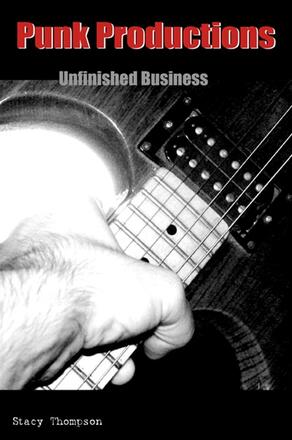
Punk Productions
Unfinished Business
Alternative formats available from:
A history and social psychology of punk music.
Description
Stacy Thompson's Punk Productions offers a concise history of punk music and combines concepts from Marxism to psychoanalysis to identify the shared desires that punk expresses through its material productions and social relations. Thompson explores all of the major punk scenes in detail, from the early days in New York and England, through California Hardcore and the Riot Grrrls, and thoroughly examines punk record collecting, the history of the Dischord and Lookout! record labels, and 'zines produced to chronicle the various scenes over the years. While most analyses of punk address it in terms of style, Thompson grounds its aesthetics, and particularly its most combative elements, in a materialist theory of punk economics situated within the broader fields of the music industry, the commodity form, and contemporary capitalism. While punk's ultimate goal of abolishing capitalism has not been met, the punk enterprise that stands opposed to the music industry is still flourishing. Punks continue to create aesthetics that cannot be readily commodified or rendered profitable by major record labels, and punks remain committed to transforming consumers into producers, in opposition to the global economy's increasingly rapid shift toward oligopoly and monopoly.
Stacy Thompson is Assistant Professor of Critical Theory and Cinema Studies at the University of Wisconsin at Eau Claire.